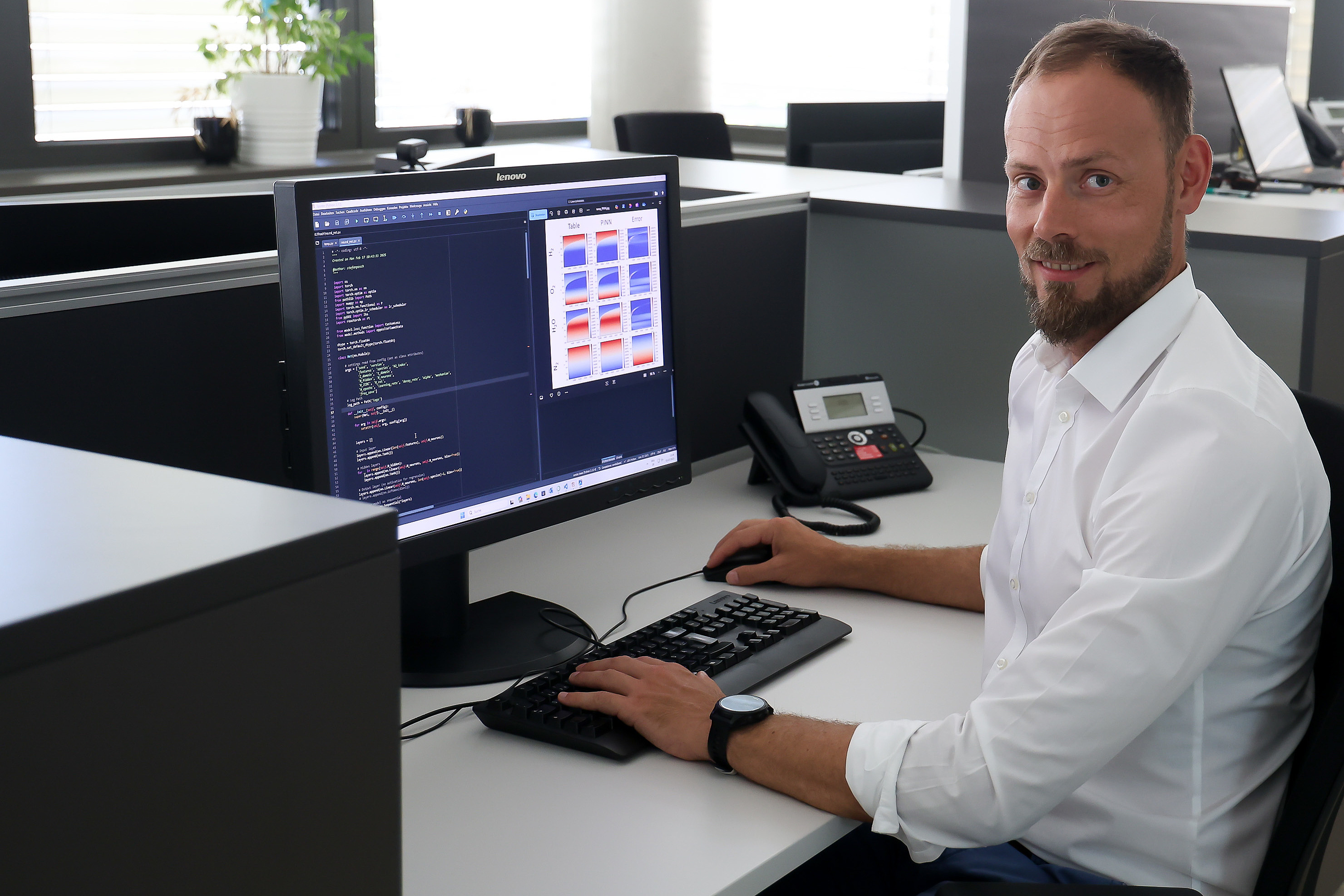CD Laboratory for Physics-driven Machine Learning in lndustrial Applications
Head of research unit
Commercial Partner
Duration
Thematic Cluster

The aim of this CD Laboratory is to enhance the usability of machine learning (ML) for technical problems. Concrete examples include numerical simulations in the fields of structural mechanics and fluid dynamics, or predictive simulation and control.
While ‘classic’ artificial intelligence, with its subfield ML, has found its way into everyday life – from personal digital assistants to advanced diagnostic tools in healthcare or powerful chatbots – the research field of physics-based ML is still in its infancy.
Although recent research activities have demonstrated the enormous potential of physics-based ML, considerable research effort is needed to obtain stable and generally applicable methods. By implementing physical knowledge, ML models require less data, which extends their applicability to areas characterised by scarce or sparse variation data – as is the case with most technical problems. This means using ‘smart data’ instead of ‘big data.’
ML methods that incorporate physics are more difficult to train than purely data-driven models due to the increased complexity of the optimisation problem. Therefore, a thorough analysis of the optimisation process used for ML training is performed to lay the foundation for exploring advanced physics-based ML methods.
The CD Laboratory´s holistic research approach focuses on the possibilities of integrating physics-based information into the entire ML process, including problem formulation, data creation and preparation, ML architecture and the training process. Through comprehensive basic research, novel ML approaches are being explored that incorporate not only physical information but also elements of numerical simulation to improve the training process. These research activities will significantly extend the extrapolation capabilities of ML models to enable reliable predictions in scenarios or under conditions that are underrepresented or absent in the underlying training data. In addition, advanced physics-based ML methods will be developed that significantly improve accuracy, reliability and robustness, enabling their use in real-world applications. Furthermore, the incorporation of physics into ML models exposes the black-box character often associated with ML leading to increased interpretability and transparency of the models.
The thematic focus of physics-based ML application lies in improving numerical simulation, creating surrogate models, and predictive simulation and control of complex systems. The gap between theoretical research and practical applications will be closed by defining real-world use cases in close cooperation with the commercial partners.
Links
Christian Doppler Forschungsgesellschaft
Boltzmanngasse 20/1/3 | 1090 Wien | Tel: +43 1 5042205 | Fax: +43 1 5042205-20 | office@cdg.ac.at

